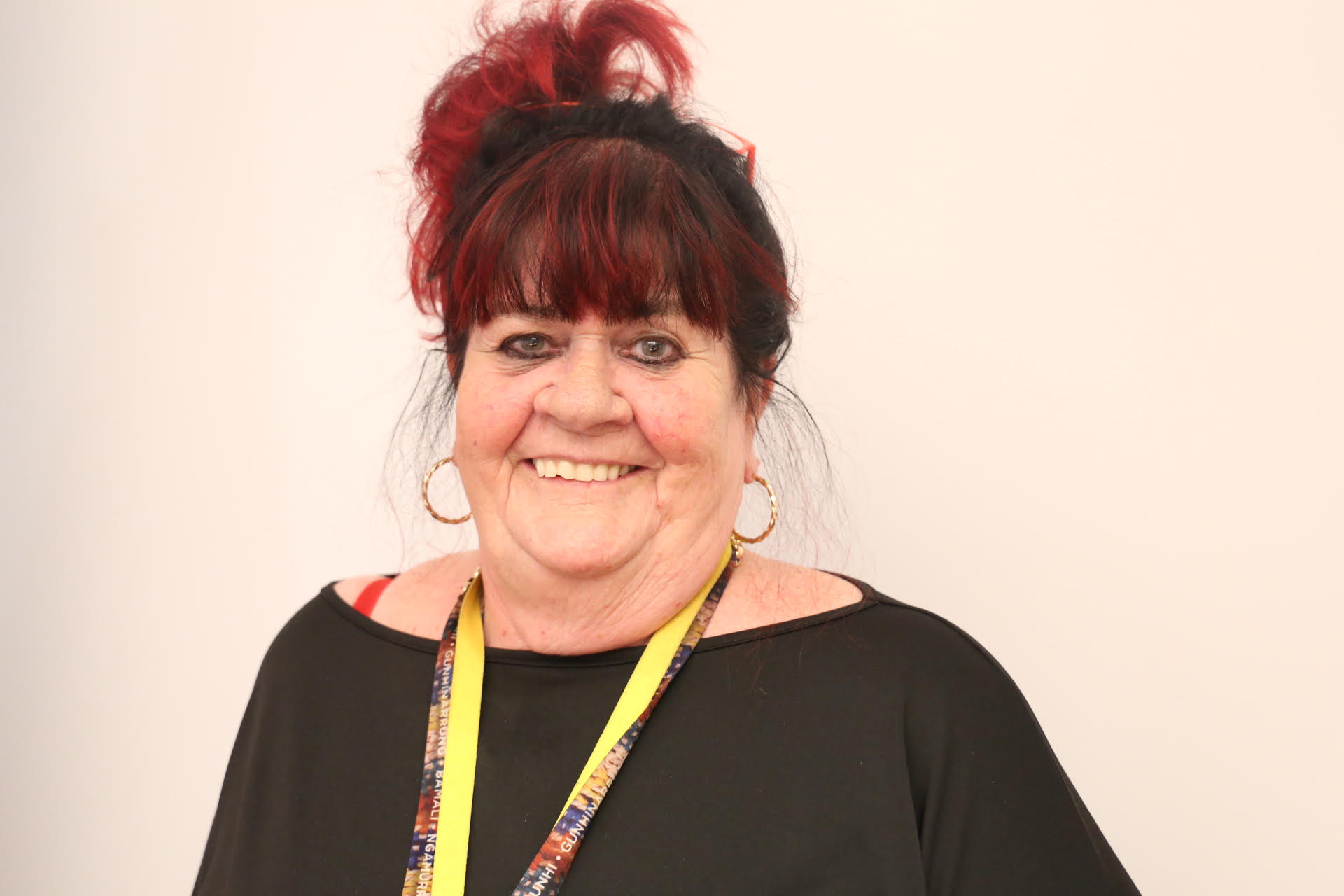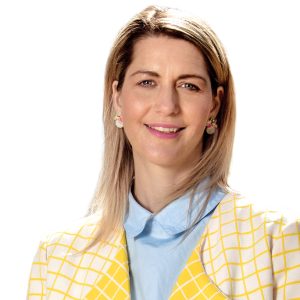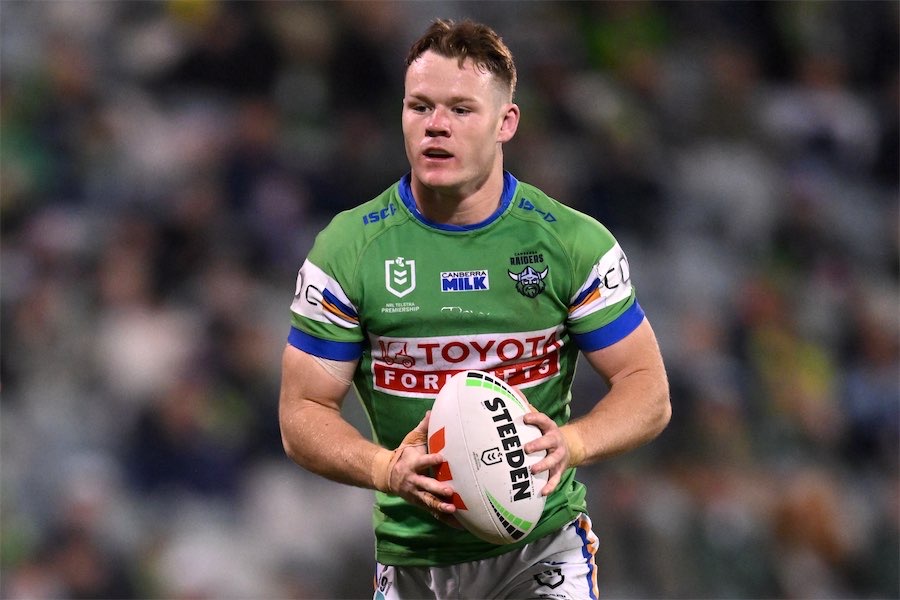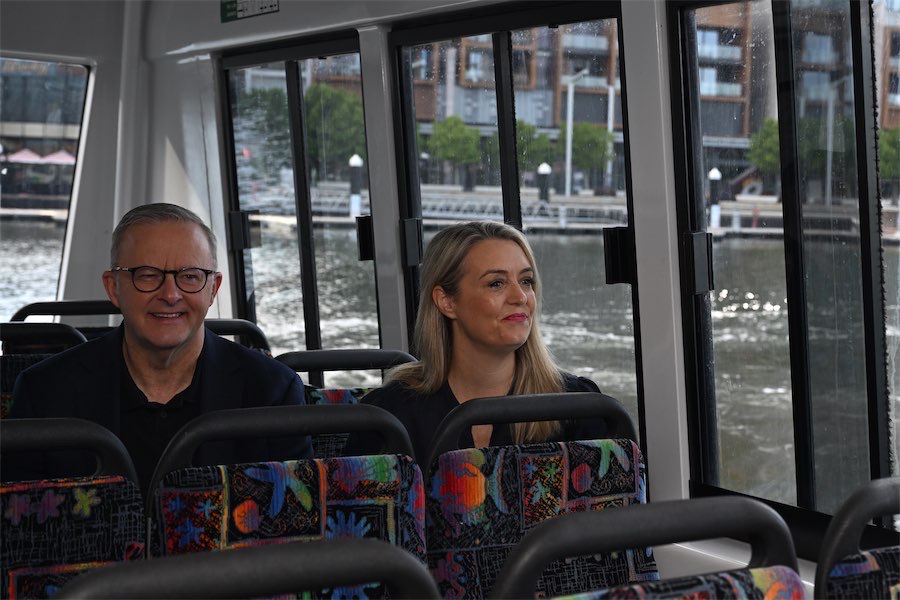
AN indigenous health leader has characterised Canberra’s Reconciliation Day as “tokenistic”, highlighting that more needs to be done to address the treatment of Aboriginal people in the ACT.
Julie Tongs, CEO of Winnunga Nimmityjah Aboriginal Health and Community Services, says the annual holiday lacks significance and falls short of its true intention.
“It’s tokenistic,” Tongs says.
“How many people actually turn up for Reconciliation Day?
“Most of them jump in their car and go down to the coast for the weekend.”
Tongs argues that Reconciliation Day – to be celebrated on May 30 this year – is meaningless without greater action to address the ongoing issues facing indigenous people in Canberra.
“For me it’s about actions and until the government and the wider community take Aboriginal issues seriously I think that reconciliation is a long way off,” says Tongs.
A Wiradjuri woman, Tongs has lamented the over-representation of indigenous people in the ACT’s prison system.
She feels that issues such as the level of police brutality towards indigenous people and higher rates of poverty are often overlooked.
“There are bad things happening here with the incarceration rates, high child protection rates, poverty, and police brutality and all of these things impact on Aboriginal people,” Tongs says.
“I think people in Canberra bury their heads in the sand…it’s up to all of us to hold the government to account.”
Tongs, who has worked in Aboriginal Affairs for more than 30 years, says there’s more to addressing the plight of indigenous people in the ACT than merely on one day of the year.
“A friend of mine, [the late] Dr ‘Puggy’ Hunter – who was chair of NACCHO [the National Aboriginal Community Controlled Health Organisation] used to say ‘They turn up, they hug a blackie and they move on’.”
“If we are fair dinkum then people need to turn out and turn up every day not just Reconciliation Day.”
This year’s theme for Reconciliation Day is: “Be Brave, Make Change”.
Activities on the day – taking place at the National Arboretum – include bush-tucker demonstrations, arts, crafts and storytelling.
“There are a lot of cultural activities that are really important, and I get that, but at the end of the day people just can’t come out on one day and be like ‘Everything is great’, and then go back to doing what they are doing the next day,” says Tongs.
The ACT was the first jurisdiction in Australia to gazette a Reconciliation Day holiday. It was first held in 2018, replacing Family and Community Day.
The ACT government website promoting Reconciliation Day says the day is used to “promote conversations and foster a deeper understanding of our national story and Aboriginal and Torres Strait Islander culture.”
Tongs believes that the Sorry Day bridge walk – an annual march over Commonwealth Avenue Bridge – was a more powerful symbol of the true journey towards reconciliation.
“It hasn’t happened since the covid lockdown, but everyone was jumping on board and it was starting to build momentum,” says Tongs.
“Our bridge walk was reflecting on the past injustices. It was a day of mourning for the stolen generation, and all the terrible things that have happened.”
Despite the steps taken to improve indigenous relations they still fall well short of what’s required, says Tongs.
“A lot of my people are still living in the past because things haven’t changed,” Tongs says.
“Kids are still being removed, men and women are being incarcerated daily.”
Tongs said governments must start listening to indigenous people if they are serious about reconciliation.
“I get sick of politicians saying ‘Aboriginal land always was, always will be’, but nothing ever comes with that,” says Tongs.
“They are good with the rhetoric but not good with the actions.
“Until we are able to be heard and listened to, and taken seriously, nothing is going to change.”
The fifth annual Reconciliation Day in Canberra will be celebrated on Monday, May 30, at the National Arboretum Canberra, 10am-3pm.
Who can be trusted?
In a world of spin and confusion, there’s never been a more important time to support independent journalism in Canberra.
If you trust our work online and want to enforce the power of independent voices, I invite you to make a small contribution.
Every dollar of support is invested back into our journalism to help keep citynews.com.au strong and free.
Thank you,
Ian Meikle, editor









Leave a Reply